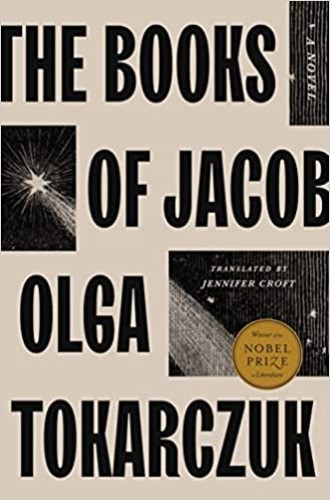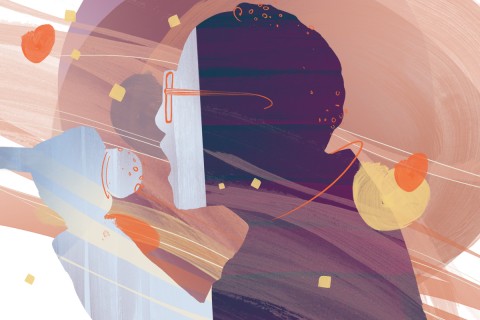A 21st-century Polish epic
Based on historical events, Olga Tokarczuk’s massive novel is simultaneously heartbreaking and comic.
This 965-page novel by Polish Nobel laureate Olga Tokarczuk took me seven weeks to read. While that might seem like a long commitment, it’s nothing compared to the seven years its author spent writing it and the seven subsequent years that translator Jennifer Croft spent rendering it in dazzling English prose. In an age of short attention spans, sitting down to read a long novel may seem an arduous task. But with an unforgettable cast of characters and a page-turning story line simultaneously comic and heartbreaking, Tokarczuk’s magnum opus is well worth the effort.
Based on real historical events, the novel revolves around Jacob Frank (1726–1791), an 18th-century Jewish leader who declared himself to be the Messiah. Shunned by the mainstream Jewish community within a wider context of common antisemitism, his followers survived by forming a close bond, taking refuge in the Ottoman Empire, and eventually seeking baptism into the Roman Catholic faith.
The book—the subtitle of which is, in part, A Fantastic Journey across Seven Borders, Five Languages, and Three Major Religions, Not Counting the Minor Sects—follows Frank around Central Europe as he prophesies the arrival of a messianic era. Along the way, he encourages orgiastic rites to bind his community together, develops an apparent Marian devotion, faces imprisonment but convinces his jailers of his spiritual authority, and ultimately meets death and the dissolution of his community—but not without leaving behind a powerful remnant that flowers into his descendants’ miraculous survival during World War II.





